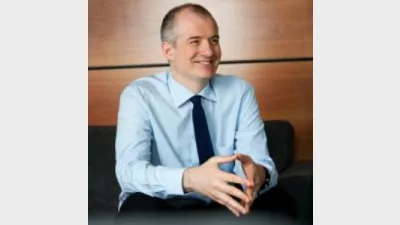PIMCO set for new CEO



Fixed income fund manager, PIMCO, has appointed Emmanuel (Manny) Roman as its next chief executive.
PIMCO's current CEO, Douglas Hodge, was expected to assume the role of managing director and senior adviser on 1 November, when Roman would become the new CEO.
The Californian-based company said it wanted to hire a senior executive who understood the company's operations and focus, while it could add leadership and strategic insights to the group.
Roman's appointment had the full support of the firm's leadership, which included PIMCO's president, Jay Jacobs, the firm's executive committee, and its managing directors, the global investment manager said.
Roman had about 30 years of experience in the investment industry, and was most recently the CEO of Man Group PLC, one of the world's largest publicly-traded asset managers.
He had also been co-CEO of GLG Partners, and worked for Goldman Sachs for 18 years as co-head of worldwide global securities and co-head of its European services department.
He would be based at PIMCO's headquarters in Newport Beach, California.
PIMCO's group chief investment officer, Daniel Ivascyn, said Roman's deep understanding of global markets, investment management, and appreciation of PIMCO's macro-based investment processes would make him the ideal executive to position the firm for its long-term success.
Hodge was expected to would work with Roman to ensure there was a smooth transition of executive responsibilities.
Recommended for you
Natixis Investment Managers has hired a distribution director to specifically focus on the firm’s work with research firms and consultants.
The use of total portfolio approaches by asset allocators is putting pressure on fund managers with outperformance being “no longer sufficient” when it comes to fund development.
With evergreen funds being used by financial advisers for their liquidity benefits, Harbourvest is forecasting they are set to grow by around 20 per cent a year to surpass US$1 trillion by 2029.
Total monthly ETF inflows declined by 28 per cent from highs in November with Vanguard’s $21bn Australian Shares ETF faring worst in outflows.










